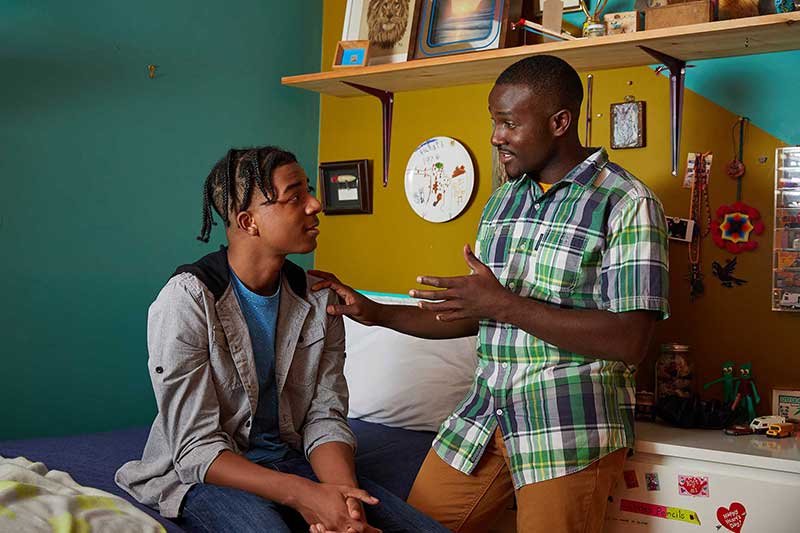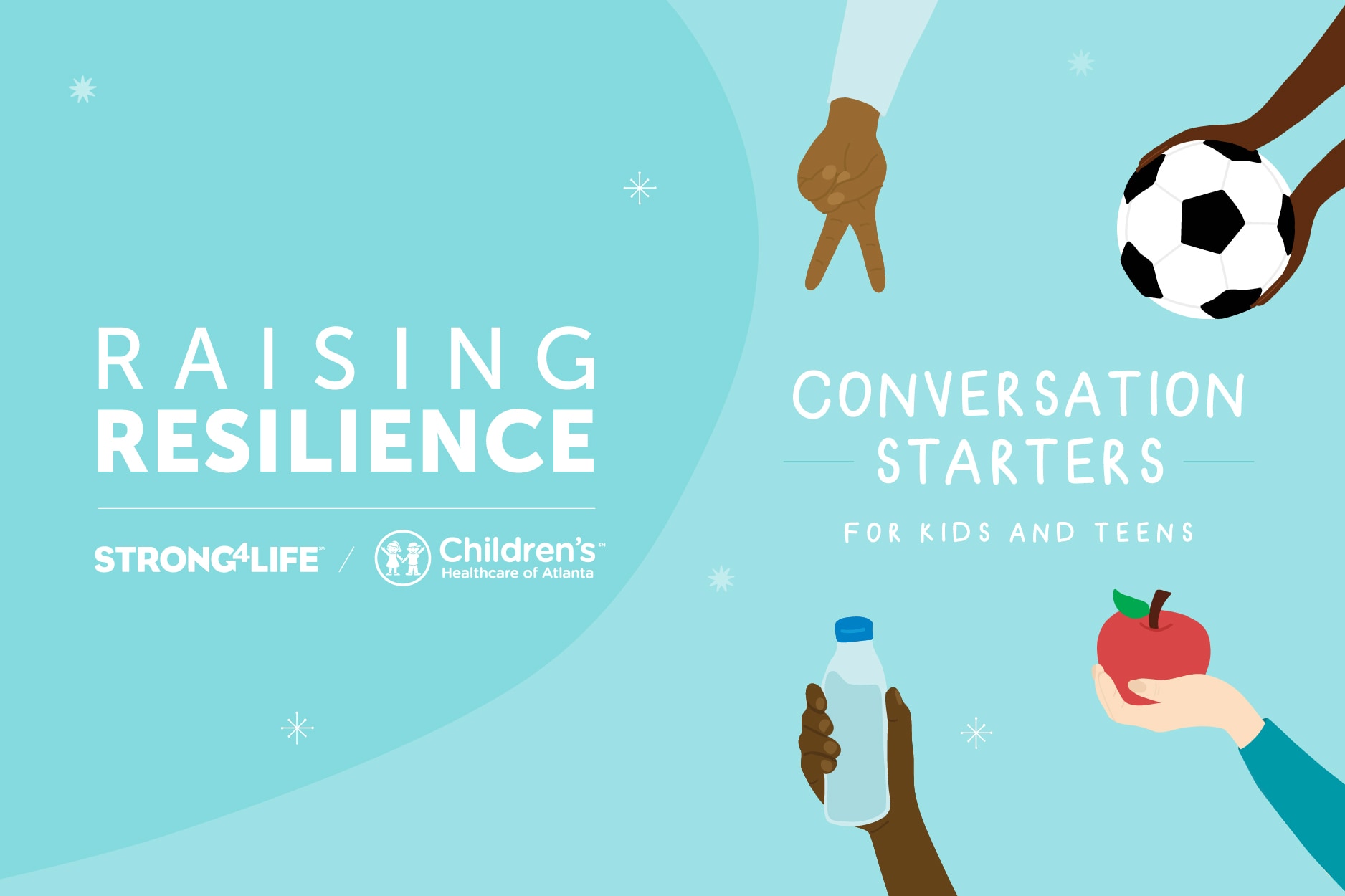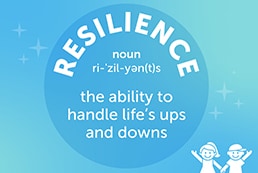How to Really Listen to Your Child
There’s no question that the middle school and high school years are tough. Social challenges follow kids home on their phones; academic pressure can be intense; and scary issues such as gun violence are all over the news. You might talk with your child about their feelings—but are you really listening?
You may be surprised to know that a lot of middle schoolers don’t confide in their parents—and they don’t think their parents are listening when they do. One middle schooler in a Children’s Healthcare of Atlanta focus group wished their parents would start “listening to my thoughts and feelings instead of interrupting and saying it’s not that big of a deal.” Another said, “I want them to listen to what I’m saying, not just tell me to suck it up and say ‘you’re fine.’”
When your child is ready to talk, here’s how to give them the attention they need.
In this article:

Engage in active listening
It’s important to show your child that you are listening so that they feel heard:
- Put your phone down and make eye contact.
- Take the conversation slowly, letting your child’s words sink in.
- Offer what’s called a “reflection statement.” Repeat back exactly what your child said without twisting or trying to interpret their words. This shows you are paying attention.
- Try not to downplay your child's concerns. Instead of, “Oh, you’ll do fine on that test,” say, “You sound stressed about your test. Math is really hard. What can I do to help?”
- Above all, don’t judge. “If you’re reflecting back what you hear, it doesn’t necessarily mean you agree or you like it,” says Jody Baumstein, a licensed therapist with Children’s Healthcare of Atlanta Strong4Life. “You are trying to develop a sense of empathy so your child can walk away knowing, ‘My parent understood where I am coming from.’”
Being an active listener doesn’t mean you can’t talk yourself, but being patient and present shows your child that you really care what they have to say.

Pay attention to nonverbal communication
Even when kids don’t want to talk, parents can still “listen.” Watch out for these types of nonverbal communication:
- Withdrawal, such as hiding out in their room or avoiding activities they usually enjoy
- Tearfulness, extreme moodiness or other attitude changes
- Complaining of constant stomachaches or headaches, without a known medical cause

Don’t force your child to talk
How do you draw out kids who won’t talk? First off, “Don’t try to force them to talk to you. That can backfire and make them even more resistant. Instead, use other ways to get them to open up,” says Baumstein. Perhaps there’s another trusted adult—a coach or teacher—you can suggest they go to. Remind them there are lots of ways to express emotion, such as drawing, dancing, writing songs or journaling. Post a list of different coping skills where your child can see it.
“I always encourage parents to say, ‘When you’re ready to talk, I’m here. Of course if there’s a safety concern, it is important that we know,’” says licensed therapist Kathleen Hill. By letting your child know you’re there and being an active listener when they do want to talk, you’ll open the door for the next tough conversation.

Offering help
If your child is open and ready to talk, it’s best to ask for permission before sharing your thoughts. Asking things like, “Would it be helpful if I shared some of my ideas to help with this?” allows your child to decide if they would like to work together with you to help problem-solve.
At the same time, asking your child how you can help is a great way to encourage independence while also supporting them. It is important to remember that once your child shares an idea of how you can be helpful, you should respect their wishes. Try not to overreact, and try not to overstep the boundaries that they shared. However, if your child is at a safety risk, let them know that you do have to take action to keep them safe.



